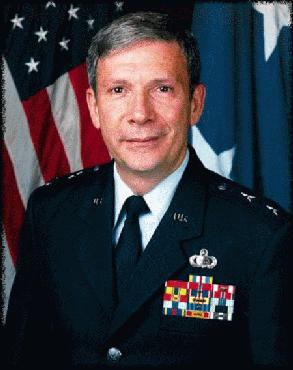From the Director, Intelligence, Surveillance and Reconnaissance
The Air Force mission is accomplished only through teamwork by quality
people. A great challenge for leadership is balancing the needs of the
mission with its responsibility to Air Force people military, civilian,
and reserve. The following pages lay out strategies to facilitate an understanding
of the intelligence career field that will be useful for resource and career
managers, supervisors, commanders and individual intelligence professionals.
The goal is to enable members of the team to maximize their potential by
matching their skills and desires with the needs of the Air Force.
People are at the heart of the Air Force's military capability. People
are the most important element in the transition to an air and space force.
Because intelligence is an integral component of information operations,
you are setting a course to the future and at the same time, redefining
the operations of the future. Any new definition of the operator must accommodate
a broadened approach to how we employ air and space power. All military
and civilian members experienced in the employment and doctrine of air
and space power will be considered operators. As we transition to this
expanded definition of an operator, we will require new skills, while maintaining
those that intelligence has traditionally brought to the fight.
Read this document with an open mind and think about how you as an intelligence
professional and information operator can use this guide to begin the transformation
from the present force into the SENTINEL FORCE 2000+. Change is never easy
and it is especially difficult in these days of reduced budgets, smaller
force structures, changing threats and evolving technology. However, our
focus is on creating the best air and space force possible as we enter
the 21st Century.
 |
JOHN P. CASCIANO, Maj Gen, USAF
Director, Intelligence, Surveillance and Reconnaissance
DCS, Air and Space Operations |



